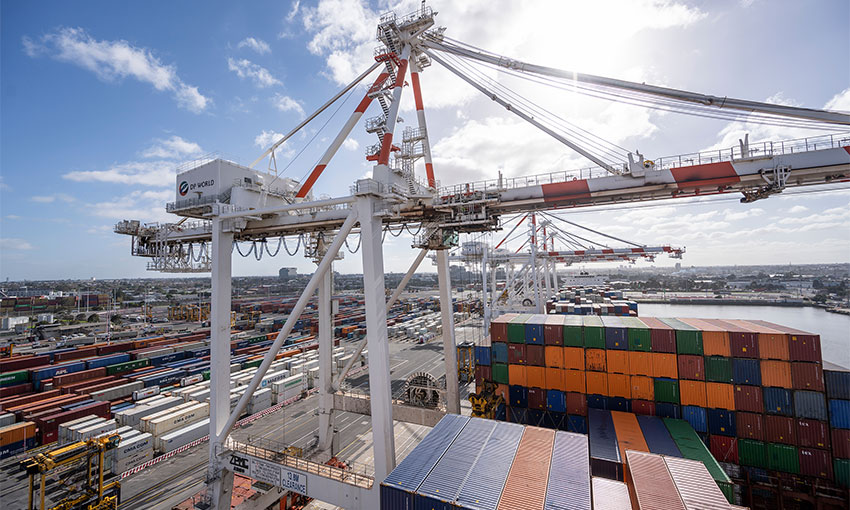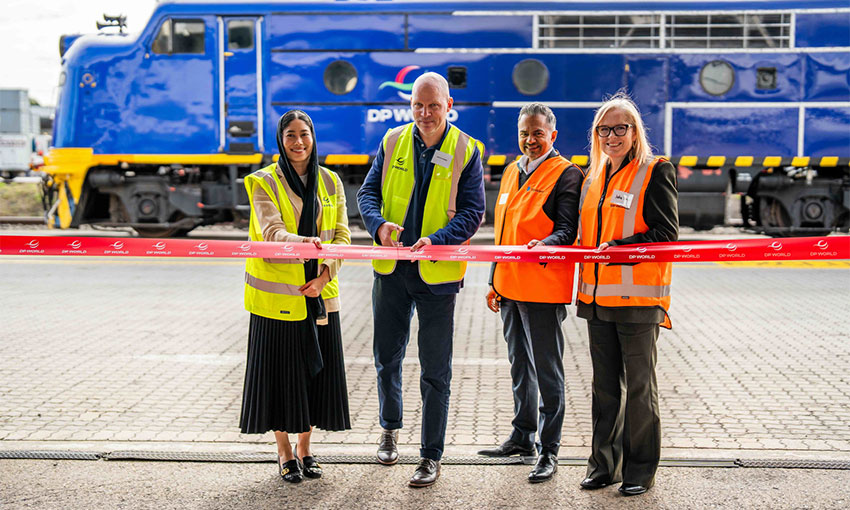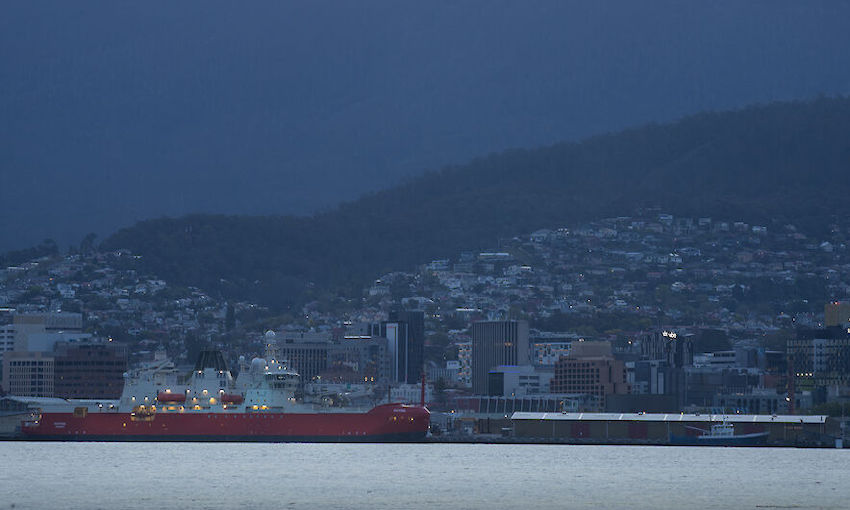ELECTRICIANS at DP World’s Brisbane terminal continue not to work as they strike for a better pay deal.
A DP World spokesperson confirmed to DCN late on Monday afternoon that negotiations couldn’t continue until electricians go back to work for at least 24 hours.
The Electrical Trades Union wants its workers awarded the same pay increases as the Maritime Union of Australia got for its clients earlier this month.
Under the MUA deal, workers received an 8% increase to their pay packets in the first year and in the second year it was 7% followed by 4% in the third year and 4.5% in the fourth year.
“They came back to us with 6%, 4%, 4% and 4.5%,” Deputy secretary of the Queensland and Northern Territory branch of the Electrical Trades Union Scott Reichman said.
DP World told DCN last week that there was no impact on the supply chain or the day-to-day operations.
“We’ve got coverage for any electrical work at the Brisbane terminal,” a DP World spokesperson said.
But Container Transport Alliance Australia (CTAA) director Neil Chambers told DCN the industrial action was causing all sorts of headaches.
“People have to be realistic that there are landside delays,” Mr Chambers said.
“To have anyone say there’s no disruption caused by this dispute is disingenuous.
“There are massive delays. I can show truck turnaround times from truck transport companies in Brisbane and it’s horrendous.”
Mr Chambers argued that container landside logistics through DP World’s Brisbane terminal continued to be severely interrupted by the industrial dispute, impacting on the maintenance and the reliability of the Automatic Stacking Cranes (ASCs) used to load and unload trucks.
A review of notices issued by DP World show that in January there were 90 instances of ASC breakdowns and unavailability, and in February to date there have been more than 60 instances.
Truck turnaround times have blown out to between two to five hours with transport operators forced to allocate more labour, including over the weekends and on nightshift at much higher operating costs to keep up with delayed freight demand through the terminal.
The delays are costing container transport operators more than 20% extra in operating costs, including for truck waiting times, additional container handling and staging, and added labour costs.
Driver fatigue management has also become an issue.
“Being stuck in the terminal for hours means that drivers run the risk of running out of regulated work time, unless they are able to rest by being out of the driver’s seat without the engine running while waiting to be serviced,” Mr Chambers said.
“This latest set of delays highlights that all container terminals in Australia need to seriously consider how they can allow drivers to manage their work and rest periods when truck queuing and delays occur inside the terminals. The terminals have a legal obligation to do so.”





